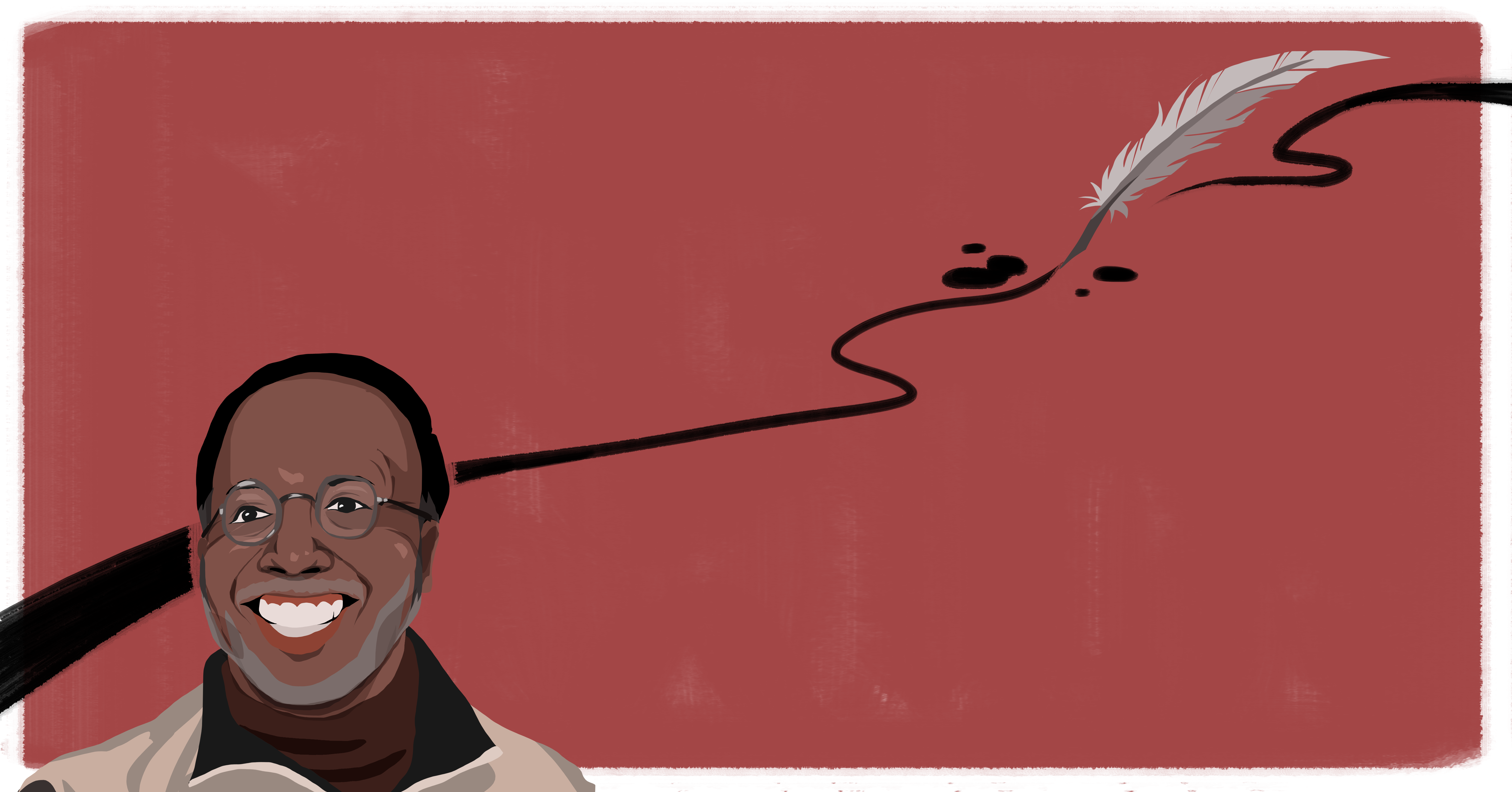
Back in the 1820s, early settlers were just beginning to build the communities of Berlin and Waterloo, which would eventually become the Kitchener-Waterloo (KW) Region.
The area was mainly home to immigrants from Pennsylvania and Germany, but also among the townsfolk were 1,500 Black settlers, most of whom were escaped slaves from the United States.
These escaped slaves started their own community known as Queen’s Bush in the area between Waterloo and Lake Huron.
They cleared the land for farming and built a strong community that included numerous churches and two schools, which enrolled over 225 students at their peak.
By the 1840s, word spread, and the community grew to over 2,000 people.
On Aug. 1 of each year, the settlers celebrated Emancipation Day, honouring the end of slavery.
In 1850, the Earl of Elgin, Governor General of Upper Canada, asked all the settlers of Queen’s Bush to purchase their land since they were technically “squatters” with no official status.
Unfortunately, most of the Black settlers couldn’t afford the price and were displaced.
Many of their white neighbours were able to stay at Queen’s Bush and some of them even took over the land of their former Black neighbours.
Simultaneously, the Berlin Township began to prosper. Among its residents was Robert Sutherland, Canada’s first Black lawyer, and Levi Carroll, an ex-slave with one leg who lived in the region’s first school building, which is now preserved in Waterloo Park.
Another notable Black resident was Peter Susand, a former slave who moved to Berlin in the mid-1850s.
Susand was a commoner with a great passion for literature, going as far as to name one of his sons Othello after the Shakespeare character.
Susand was the first barber in town and also opened a café called Meridian Coffee Shop.
Susand also ran for Berlin town councillor in 1856 but lost to a well-known doctor. After his death, his wife Elizabeth and children sold taffy at the Berlin Train Station, eventually becoming successful enough to open Susand’s Taffy. Unfortunately, none of the family’s businesses are around today.
Sutherland, Carroll, and Susand were just three of the Black Canadians who laid the foundation for KW’s Black community, a community that is thriving with over 15,000 people today.
Among the inspirational Black Canadians in KW is George Elliott Clarke, a UW alumnus who is currently the E.J. Pratt Professor of Canadian Literature at the University of Toronto.
Clarke earned his BA in English from UW in 1984 before earning a MA and PhD in the same field from Dalhousie University and Queen’s University, respectively.
Clarke is a celebrated poet and critic whose work has chronicled the story of Black Canadians in Nova Scotia and New Brunswick, a region which he dubs “Africadia.”
Among his numerous published works include nine poetry books, two edited anthologies, and a novel.
His four plays and three operas have all been staged, and two of his screenplays have been adapted for television.
Clarke is well respected in his field and was appointed the Poet-Laureate of Toronto from 2012-15 before progressing to the position of Canadian Parliamentary Poet-Laureate from 2016-17.
In 2008, Clarke was appointed an Officer to the Order of Canada for his work studying African-Canadian literature.
Clarke was also the Editor of Imprint from 1984-85, his final year at UW.
In 2018, the George Elliott Clarke Scholarship Fund was established at Duke University, and last year, Clarke facilitated Sage Hill Writing’s Spring Poetry Colloquium, providing scholarships, bursaries, and mentorship to students across Canada.
Another notable Black resident of KW is Udanapher (Nadine) Green, who used her corner store to house the region’s homeless from 2014 until she was evicted this past month by her landlord allegedly for not paying rent.
Green disputes this, saying she paid rent and claiming that her landlord evicted her for her welcoming attitude to people living on the street.
Green immigrated to Cambridge from Jamaica when she was 16 and was homeless herself for a short time. As a result, Green knows first-hand the hardships and abuse that those living on the streets endure.
“I have to stand up for my rights and for the homeless people’s because no one stands up for them and now they’re my family,” Green said.

The eviction has not deterred her from doing everything she can to help the region’s less fortunate.
Green recently launched a fundraiser to help her open a new convenience store that will double as a homeless shelter at night, aiming to raise $50,000 toward this goal.
In the meantime, Green still regularly visits the homeless to support them. She even provided them free transportation in her car during the GRT strike.
Clarke and Green are just two examples of inspiring members of KW’s Black community today. Along with Sutherland, Carroll, and Susand, they embody the theme for this year’s Canadian Black History Month: “Canadians of African Descent: Going forward, guided by the past.”
The theme was inspired by the United Nations’ theme for the International Decade for People of African Descent (2015-24).
Over the course of February, KW will honour the legacies of Black Canadians, past and present, through various events including food festivals, conferences, and fashion shows.
This concentrated effort is being made across the country to honour Black Canadian culture, and Imprint will continue covering Kitchener-Waterloo’s Black heroes, as well as the causes they champion year-round.






























